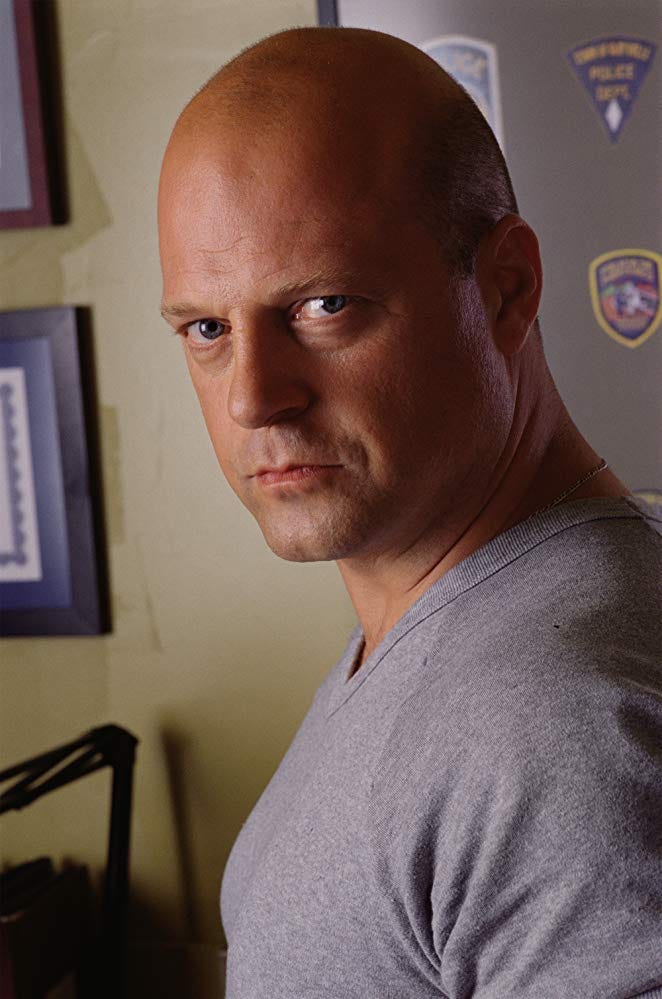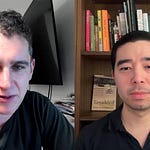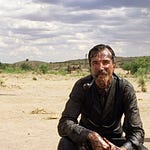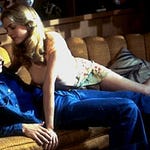This Christmas Eve, I’m giving my readers the gift of a very special podcast. Marc Andreessen and Rob Henderson join me to talk about The Shield, which ran on FX from 2002 to 2008.
We debate whether we are supposed to root for the Strike Team or not, with Rob saying no, and Marc and me strongly disagreeing. Building on our discussions on Breaking Bad and Better Call Saul, Marc gives his Nietzschean interpretation of the show.
To me, this was the most right-wing show I’ve ever seen. The lesson is basically that white cops who actually care about what happens on the streets are the only thing maintaining order, which they are able to do as long as they are not stopped by affirmative action, criminal defense lawyers, or the weakness and inertia of government. While the Strike Team does bad things, their actions are, for most of the series at least, directed towards protecting the innocent and ultimately the greater good. Sam Bankman-Fried would approve.

Marc discusses the show in the context of the history of policing in Los Angeles, and posits that places go through cycles in which crime increases, and there is then a demand for someone to keep order. I point out that some civil liberties that many Americans think are a deep part of our heritage were actually invented by the Supreme Court in the 1960s, including criminals having the right to a court-appointed attorney and being read their Miranda rights. I see The Shield as critiquing the pro-criminal jurisprudence of the Warren Court, and making clear its practical consequences. A lesson seems to be that the reason crime hasn’t been even worse is that certain cops are willing to disobey the letter and spirit of the law, at great personal risk, for the sake of protecting their community.
People have said the show is based on the Ramparts scandal. Having read the New Yorker piece that Marc suggests, I think that there’s no more than a superficial resemblance. Nonetheless, the article is worth reading, as it shows the interconnectedness between crime, the civil rights machines, and affirmative action in policing. The most corrupt cops were tied to gang bangers, and when one of them was killed by a fellow police officer in what is widely acknowledged to have been a justified shooting, the association of black officers demanded “an official police funeral with full honors, a ceremony reserved for policemen killed in the line of duty.” Civil rights law demanded more black cops, quotas were set, and when those hired turned out to be corrupt, that fact became the basis for civil rights lawsuits filed on behalf of criminals! There’s no part of the criminal justice system that isn’t touched by the cancer of identity politics.
Part of our discussion centers around Mara. I found her arc particularly touching. We of course talk about the ending, which hit me harder than any show I can remember watching.
As we all acknowledge, the Strike Team is far from morally blameless. But I still think that, as tragic as their story was or how many mistakes they made, they lived by a code, and were ultimately the defenders of a divided and ungrateful community.
Listen here or watch our conversation on YouTube.
Links
Me and Marc Andreessen discuss Better Call Saul and Breaking Bad
Me, Marc Andreessen, and Chris Nicholson on the series finale of Better Call Saul
Randall Sullivan, Labyrinth: Corruption & Vice in the L.A.P.D.
Peter Boyer, “Bad Cops.” (The New Yorker, May 13, 2001)
LAPD Blues (Frontline Documentary)
James Elroy, LA Confidential.
James Elroy, White Jazz.
Tim Golden, “The Cienfuegos Affair: Inside the Case that Upended the Drug War in Mexico.” (The New York Times, December 8, 2022)
Rob Henderson, “Good Cop and Bad Cop Left for the Day. I’m a Different Kind of Cop.”












